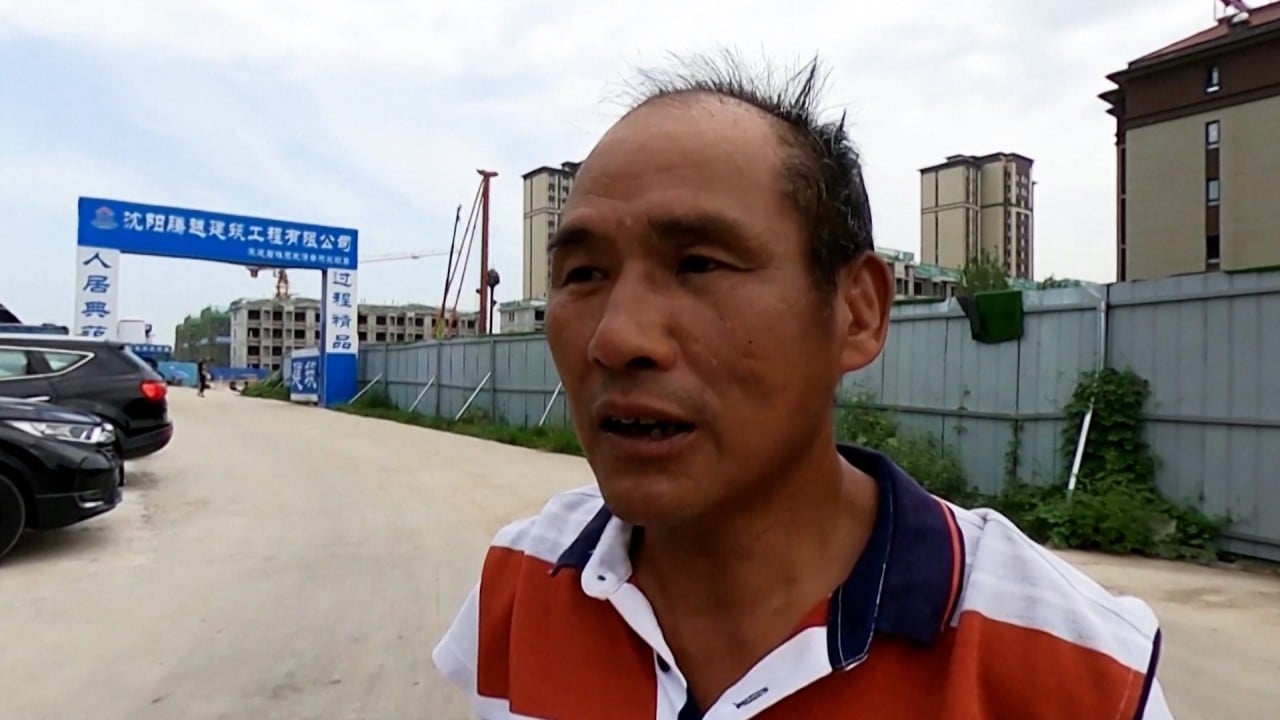
Asia should uncage the private sector’s ‘animal spirits’ to get economies out of their rut
- The world today is caught in a classic confidence trap. More government regulation cannot arrest the downward spiral, and policymakers must take a bet on the markets’ instincts for creativity and innovation
Throughout history, humanity’s creativity and innovation in times of adversity have come from “animal spirits”. In his seminal 1936 work, The General Theory of Employment, Interest and Money, economist John Maynard Keynes shrewdly noted that people tended to take positive action based not on mathematical calculation but on “spontaneous optimism”.
Most decisions to do something positive “can only be taken as a result of animal spirits – of a spontaneous urge to action”, he said, warning that if the “animal spirits are dimmed and the spontaneous optimism falters … enterprise will fade and die”.
Writing at the height of the Great Depression, Keynes saw that the market could not, by itself, shake itself out of a downward spiral in confidence. Animal spirits are needed to get the economy out of the quagmire (defined by Keynes as a liquidity or confidence trap), but instead of depending on the market to self-correct, Keynes recommended that the state deploy fiscal expenditure to get the economy going.
The world today is caught in a similar confidence trap – staved off only by central banks and governments willing to print money as the aspirin to cure the structural malaise of low productivity, social injustices and environmental imbalance.
The Ukraine war has already led to thousands of lost lives, tonnes of wasted ammunition, and damage to some of the richest soil in Europe.
The US stock market is the only one that seems to be defying gravity, buoyed by the “Magnificent Seven” tech companies riding on the prospects of domination in artificial intelligence and big data. However, since China is both a major producer of low-end semiconductors and a buyer of hi-tech goods, further US-China trade tensions and sanctions would in the end cut corporate profits and reverse the stock market recovery.
By their very nature, banks are risk-adverse, collateral-based, and unwilling to finance innovation and venture capital. At the same time, they are prone to credit, liquidity and maturity risks, and would face huge non-performing loans if real estate values, the primary backing for bank collateral, were to suffer.
In a situation where the financial system is dominated by banks with high domestic credit-to-GDP leverage, asking the banking system to lend more to reactivate growth also carries huge risks. This explains why quantitative easing since 2008 has not transformed productivity and instead worsened debt leverage and social inequality.
The real sector of the economy grows through creativity, innovation and risk-taking. The state can only do so much in the infrastructure and regulatory areas.

But when regulations become more complex, even as central bank balance sheets expand, the private sector becomes too reliant on guidance from the state, becoming risk-adverse or seeking foreign pastures where the grass is perceived to be greener.
That is why reviving the private-sector animal spirits is critical to future growth, as innovation, entrepreneurship and risk-taking would create revenue to compensate for system losses. If the system tries to minimise risk by concentrating on the “beta”, or passive average returns, the “alpha” – excess profits that bring hope – would be sorely missed.
We have seen this drama before. National leaders like Deng Xiaoping unleashed the animal spirits of Chinese entrepreneurs, including state-owned enterprises, by asking them to take risks. US president Ronald Reagan and UK prime minister Margaret Thatcher encouraged private enterprise and cut back on state intervention to allow markets to grow. The state took a risk in trusting the private sector to take market risks, and the combination worked.
What is China’s private-sector mess, and what is Beijing doing to clean it up?
Faced with the unprecedented shocks stemming from the pandemic, great-power rivalry, wars and social protests, as well disruptive technological changes and complex regulations, Asia’s private sector is buffeted and prone to “liquidity preference” – not investing for the long term and, in some cases, even cutting back debt.
By definition, state bureaucracies are motivated by a fear of failure, whereas the market is driven by hope of success. When the state seeks to regulate more, the private sector will vote with their feet. Investors will seek short-term returns with the lowest credit risks. Entrepreneurs will sit on the fence. Unemployment will rise, inflation and costs will increase, and future prospects will be lowered. In the end, it’s a confidence issue.
According to Keynes, when the state empowers the market, we are led out of the wilderness of despair. Trusting the market has its risks, but as former US state secretary Henry Kissinger said: “In crises, the most daring course is often safest.”
It’s time for Asia’s governments to allow markets’ animal spirits to take bold steps in getting us out of the looming recession trap.
Andrew Sheng is a former central banker who writes on global issues from an Asian perspective


